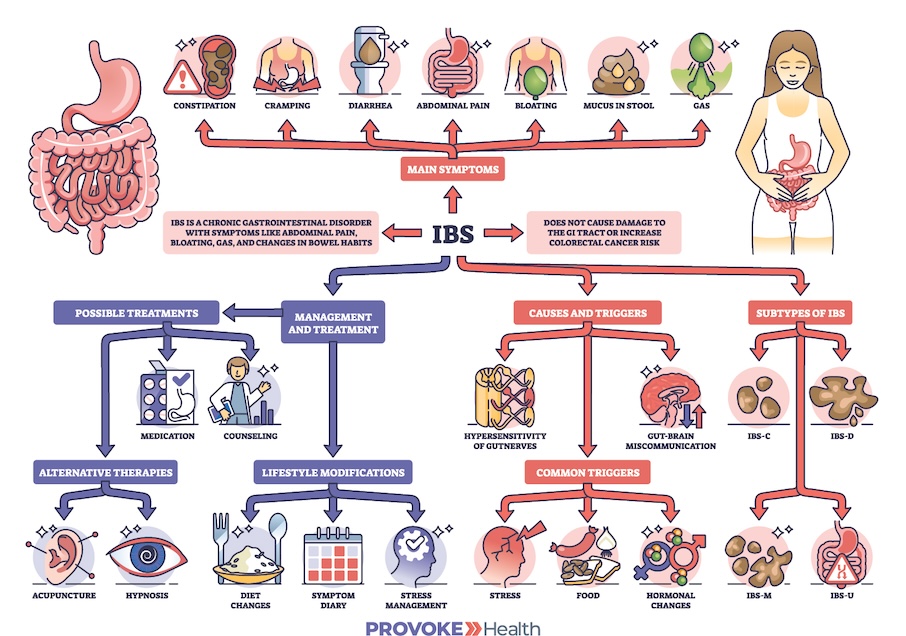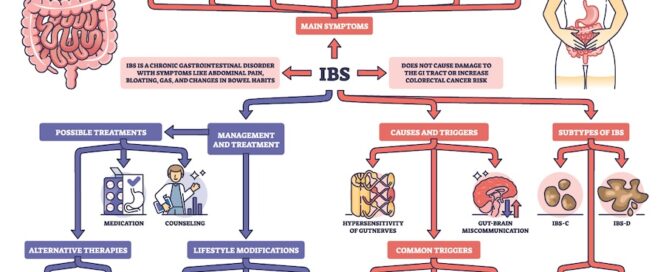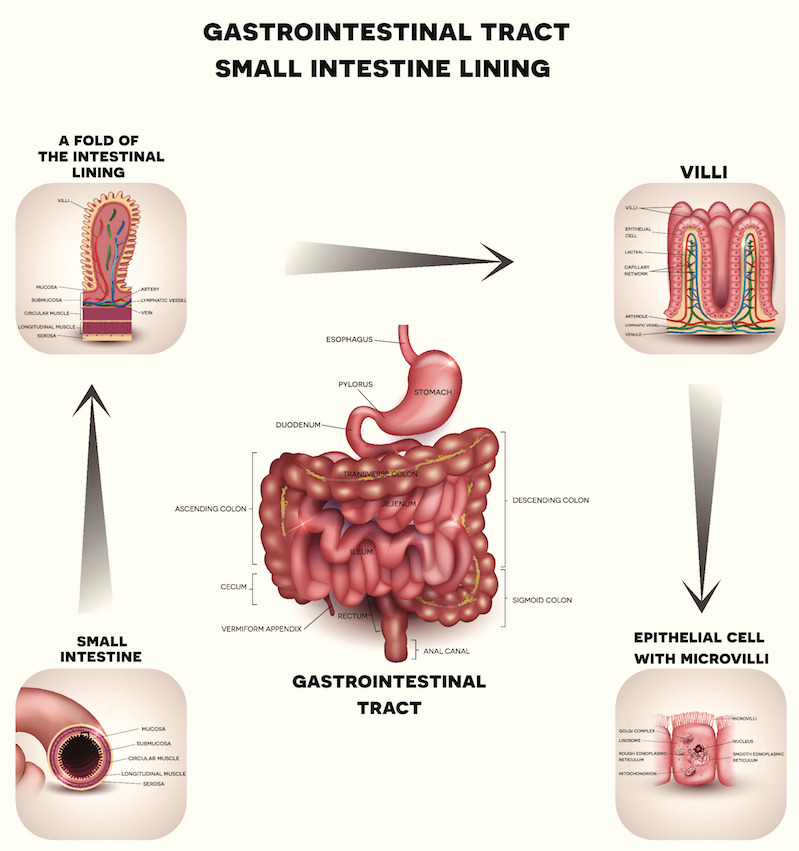IBS Diagnosis and Treatment Calls for an Understanding of SIBO and SIFO
We’ve all heard the words Irritable Bowel Syndrome before, but what exactly is it? Irritable Bowel Syndrome (IBS for short) is a common gastrointestinal disorder characterized by abdominal pain, bloating, gas, diarrhea, constipation, or alternating bouts of diarrhea and constipation. It can be caused by one or more factors, such as impaired gut motility, food sensitivities, stress, or overgrowth of certain bacteria or fungi in the digestive tract.
As I was writing this post, I ran an internet search for “IBS” and found several websites claiming, “there are no specific tests for it” and suggesting that the condition can be managed, but not necessarily cured. Such statements are misleading.
Although there is no test specifically for Irritable Bowel Syndrome, there are tests for a common cause of IBS — bacterial or fungal overgrowth in the digestive tract. In addition, we can test for food sensitivities through an elimination diet. Effective treatments are available to repair the gut and restore balance to the microbiome.

This post explores one of the most common causes of Irritable Bowel Syndrome — small intestinal bacterial overgrowth (SIBO) and small intestinal fungal overgrowth (SIFO) — along with the treatment options we often use with our patients at PROVOKE Health.
SIBO and SIFO — What’s The Difference?
Your digestive tract contains trillions of microorganisms that aid digestion and help your body in countless ways, including by providing nutritional support. This community of microorganisms is referred to as the microbiome. To function effectively, the microbiome must be balanced. An imbalance, referred to as dysbiosis, can lead to various health problems, including digestive disorders, allergies, and even mood disorders.
Dysbiosis can be categorized into two types:
- Small intestinal bacterial overgrowth (SIBO) — an overabundance of one or more types of bacteria in the gut
- Small intestinal fungal overgrowth (SIFO) — an overabundance of one or more types of fungi in the gut
SIBO and SIFO can be caused by one or more of the following factors:
- Poor diet: Diets high in sugar and refined carbohydrates and low in fiber and other essential nutrients are especially prone to fueling SIFO, but can also fuel SIBO.
- Certain medications: Antibiotics can kill beneficial bacteria, providing opportunities for fungi and/or other bacteria to proliferate. Acid-reducers — proton pump inhibitors (PPIs) such as Prilosec (omeprazole), Prevacid (lansoprazole), and Nexium (esomeprazole) — reduce the concentration of acid in the stomach, allowing infectious bacteria to survive the stomach and pass into the intestines where they can flourish. Long-term use of corticosteroids can also cause problems.
- Compromised immunity: If the immune system is stressed for any reason, its ability to defend against SIBO and SIFO can be reduced.
- Other health conditions: For example, diabetes can cause high blood sugar, which can promote fungal overgrowth. Intestinal motility disorders (slow movement of food and waste through the digestive track) provide an environment suitable for overgrowth.
IBS and the Connection to SIBO/SIFO
Dysbiosis can result in inflammation, malabsorption of nutrients, excess gas, and irregular food processing. If left untreated, it can damage the thin protective lining of the gut, resulting in leaky gut — a condition in which molecules that should be kept inside the intestines are released, triggering an immune response. This immune response can create a state of systemic and chronic inflammation, and may lead to autoimmune conditions, such as allergies, asthma, rheumatoid arthritis, Hashimoto’s thyroiditis, and others. When inflammation strikes the intestines, it can result in IBS.
Diagnosing SIBO/SIFO
Specific tests can determine whether you have SIBO or SIFO (or rule it out as a likely cause): Continue reading…




